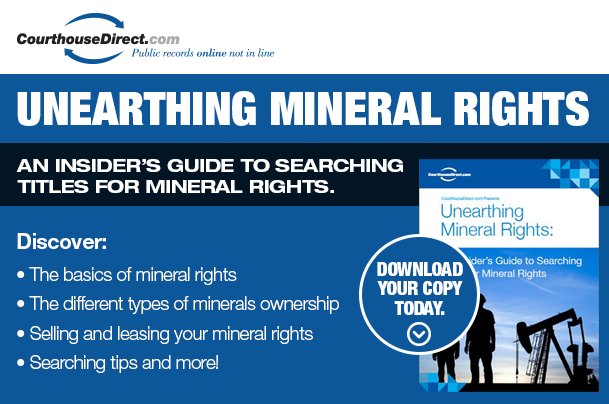 It used to be said the country ran on the railroads. These days a good portion of it runs on pipelines that carry gas, petroleum, and other products across the region. And like the railroads these pipeline operators need land to build, monitor, and maintain the pipeline. As you can imagine, they won’t be buying strips of land that may run through a cornfield, a yard, or a town. What is done instead is to negotiate a right-of-way agreement with landowners and municipalities.
It used to be said the country ran on the railroads. These days a good portion of it runs on pipelines that carry gas, petroleum, and other products across the region. And like the railroads these pipeline operators need land to build, monitor, and maintain the pipeline. As you can imagine, they won’t be buying strips of land that may run through a cornfield, a yard, or a town. What is done instead is to negotiate a right-of-way agreement with landowners and municipalities.
The right-of-way, also known as an easement, is a cleared area that allows for building the pipeline, monitoring it (often from the air), and maintaining and repairing it. The width of the right-of-way is typically 25-150 feet depending on location.
The right-of-way carries with it rights and responsibilities for both the operator and the property owner; primarily to keep the right-of-way clear and, of course, to prevent digging that could damage the pipeline. Local regulations spell out what can and cannot be placed within the easement.
For instance, these may be allowed on the right-of-way:
- Private driveways
- Agricultural crops
- Gardens, shrubbery, and lawns
- Utilities (water, cable, electric, phone), some of which may share the same path as the pipeline
While these are not:
- Septic tanks, wells
- Pools, decks, patios, and swing sets
- Trees
The right-of-way is marked at road crossings and other points along the pipeline to assist with problem location. These are not precise markers. Do not depend on using them to judge whether it is safe to dig because there is no way of telling whether the pipeline runs straight between markers. Call the pipeline operator before digging, the number is located on the marker itself. Some municipalities and utility companies run a one-call system to help you locate all underground equipment with a single phone call.
Are you required to sign the right-of-way agreement the pipeline company sends you? You can say no. Unless the mineral lease is actually on your property or you are unitized into a well, you do not have to give up your land to a pipeline transporting material from a lease on another piece of property.
You do have the power to negotiate a more favorable right-of-way agreement with the pipeline company. The best person to help is an attorney who is experienced and qualified in gas and pipeline issues. The attorney can help you get as much compensation as possible plus additional protection from problems stemming from the pipeline now and in the future. The same applies if you are approached with a gas or mineral lease.
Understand also that leases and rights-of-way can be written to last in perpetuity. Not all are written that way but by keeping in mind the length of time the agreement covers can save you, your family, and future owners of the property from a slew of headaches down the road.





















